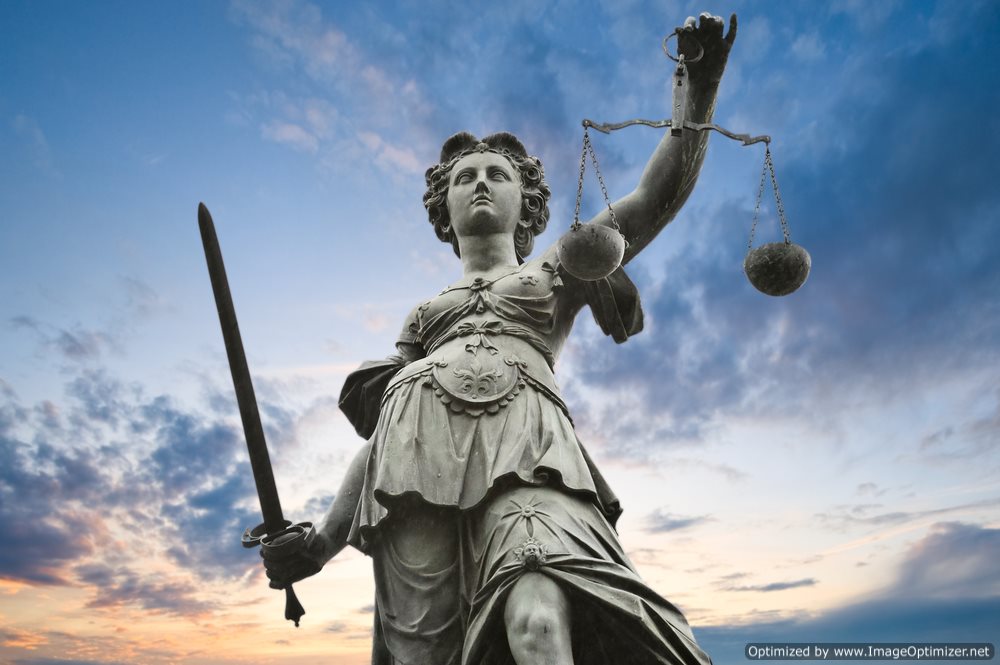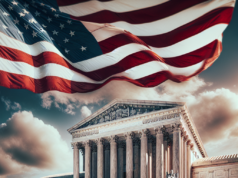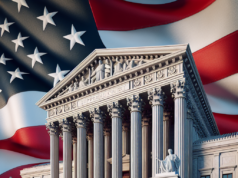 The Background of Batson v. Kentucky (1985)
The Background of Batson v. Kentucky (1985)
James Kirkland Batson, an African-American male, was charged with committing a burglary on a home within the State of Kentucky. Prior to the trial – and during the jury selection process – the prosecuting attorney utilized peremptory challenged in order to remove the African-American jurors from the jury; Batson suspected that this was undertaken with regard to eliminating specific individuals who may have decide the verdict of the case in accordance with race:
A Peremptory Challenge utilized within the jury selection process is defined as a litigator maintaining the opportunity to remove or ‘strike’ prospective jurors from serving on a jury with regard to a specific court hearing
The Case Profile of Batson v. Kentucky
The following is a case profile of the legal trial eponymously titled ‘Batson v. Kentucky’:
Date of the Trial: December 12th, 1985
Legal Classification: Administrative Law; this legal field associated with events and circumstances in which the Federal Government of the United States engages its citizens, including the administration of government programs, the creation of agencies, and the establishment of a legal, regulatory federal standard
The Nature of the Appeal: The following criminal activity and charges were cited by James Kirkland Batson against the State of Kentucky within the appeal brought forth subsequent to the initial ruling:
Batson claimed that the purposeful removal of African-American jurors with regard to his respective hearing was in direct violation of his 6th Amendment rights, requiring every citizen the opportunity for a fair – and unbiased – hearing
United States Reports Case Number: 476 U.S. 79
Date of the Delivery of the Verdict: April 30th, 1986
Legal Venue of Batson v. Kentucky: The Supreme Court of the United States
Judicial Officer Responsible for Ruling: Chief Justice Warren E. Burger
Involved Parties: The following are the parties named with regard to their involvement in the Batson v. Kentucky case:
James Kirkland Batson; Plaintiff – Batson v. Kentucky
The State of Kentucky; Defendant – Batson v. Kentucky
Verdict Delivered: The Supreme Court ruled in favor of Batson, explaining that the exclusion of jurors based on race was a violation of the Equality Clause, which allows the Federal Government to maintain authority over all legislation in the event that contrast and unfair advantage exists; this clause was imposed in order to ensure a uniform and equal legal process within the entirety of the United States. Furthermore, the Supreme Court ruled that in order to strike an individual from the jury with regard to race, the litigator must express sufficient evidence unbiased in nature.
Associated Legislation with regard to Batson v. Kentucky: The following statutory regulations were employed with regard to the Batson v. Kentucky trial:
The 6th Amendment addresses legal procedure undertaken with regard to the prosecution – and investigation – of alleged criminal activity; this Amendment includes the right to a judicially-sound trial; with regard to the Strickland v. Washington, the 6th Amendment requires an individual’s right to legal representation, regardless of financial stature
The 14th Amendment illustrates legislation that disallows the government from infringing on the right(s) to pursue ‘Life, Liberty, and the Pursuit of Happiness’ with regard to any and all citizens of the United States of America – this statute is applicable to all measures of gender, race, religion, and age





























